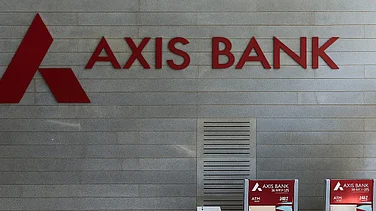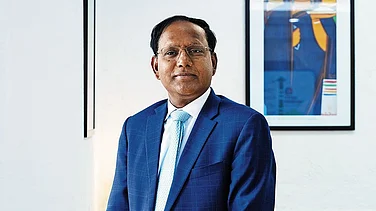Family offices, a concept more formally recognised in the Western world, have eventually found a unique recognition and peculiar adaptation in the Indian family business context. Traditionally, Indian family offices symbolized the confluence of family-owned enterprises and personal wealth.
Personal wealth usually comprised assets like real estate (often revered as 'havelis' or 'ancestral homes’ and ‘land banks’), gold, and jewellery among others. These assets were traditionally stewarded by designated family members, emulating the role of 'custodians', who meticulously managed records and safekeeping, notwithstanding in whose name the asset was held. Professionals were seldom involved in decisions related to personal wealth and other affairs outside the operating business.
The management of family assets and businesses, even in the absence of a family office, was carried out through generations by owners who assumed the role as leaders, although lack of focus and formal governance and ownership structures impacted continuity and wealth preservation across generations.
The onset of globalization has heralded a new era of family offices in India characterized by professionalization and digitization. This has catalyzed a profound transformation in governance and structure of family offices, in terms of how decisions are taken and how the family assets are held. It is common that families now have a charter or constitution that is built in a participative way to define the governance over the business and wealth and also a trust or similar structure that ensures a consolidated ownership, transparent holding and seamless transition across generations- duly protected against contingencies.
Family offices in India are now more progressive than their counterparts in the West and are fostering a culture of collective governance for the sustained growth of the family and its legacy. This has led to family offices now being led and managed by professionals who bring in the skills that enable a family to mitigate risks and harness market opportunities in a more structured and organised manner.
Professionals enable families in better decision making including making them mindful of the impact on internal relationships, external goodwill, and family brand equity. Independent professionals eliminate egos and biases that family members tend to have and also bring fresh perspectives and expertise into family office management that lead to the preservation of wealth, harnessing growth opportunities, and building a legacy.
The spectrum of progressive and divergent trends of Family offices are reflected in changes in asset class compositions of family offices and even in the personal wealth of family members. New age Family offices are witnessing an increasing inclination in making allocations towards alternate investments, based on the insights that the professional team and not merely by a word-of-mouth recommendation or gut feel.
Furthermore, family offices are now actively contributing to societal welfare through education, environmental sustainability, and philanthropy, for that too, a structured approach to investments coupled with the systematic deployment of funds towards these objectives is critical.
Globalization transcends beyond the mere geographical expansion of Indian family offices; it encompasses the critical aspects of enhanced mobility, necessitating proficient cross-border fund management and strategic global asset allocation, all tailored to cater to the intricate and diverse requirements of the family.
There are 2 key trends that are expected to emerge from 2024 and beyond:
The Transition From SFOs To MFOs/VFOs
Multi-family offices and virtual family offices will emerge stronger and be the only relevant way to deal with increased complexities. This evolution signifies a critical shift from the traditional and closed single-family office model to a more dynamic and collaborative multi-family office framework. This brings with it more openness and interactions between families as well as professionals. A multi-family office (MFO) or virtual family office (VFO) combines capabilities far beyond what a single-family office can offer, which is essential in navigating the complexities and dealing with technical and specialised aspects.
Strategic Succession Planning
Timely grooming of family members, both in the core business skills and the ability to deal with investments will take center stage. The current generation will need period coaching on business as well as interpersonal skills to deal with the styles and aspirations of the next generation. Families will see more participation, particularly from women, who have historically been passive observers and homemakers. All this will be achieved with strategic succession planning and its effective implementation, which mature families will undertake, encompassing the importance of adaptability, and progressive thinking, all while upholding family values and a commitment to family legacy.
(The article is written by Rupali Ashar & Suraj Malik, Legacy Growth Partners.)
(The opinions presented belong solely to the authors.)


























